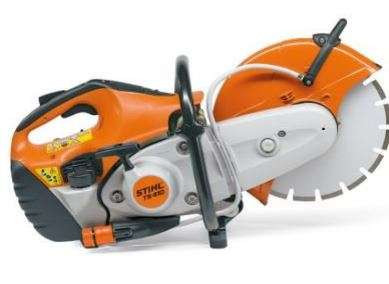Lantra Abrasive Wheels
Description
Our abrasive wheels courses provide you with the confidence you need to ensure that you are working confidently and safely.
Training is a legal requirement. The Provision and Use of Work Equipment Regulations 1998 (PUWER 98) require employers to provide formal training and to ensure that abrasive wheels are operated only by employees who have received appropriate training in their safe use. If you are self-employed, the regulations still apply.
The course is a mix of theory and practical training.
Refresher training is required every 3 years (training and assessment).
Availability
Please contact us to discuss your requirements
Course Specific Notes
What PPE should I be using for Abrasive Wheels ?
It is crucially important that anyone operating abrasive wheels should be wearing the appropriate personal protective equipment (PPE).
This is part of the basic safety procedures, and it is important for the operator’s safety as well as the safety of those working around them.
Appropriate PPE for operating abrasive wheels includes:
Hearing protection – this should be worn based on the sound level and duration of the task. The noise volume will vary depending on the abrasive accessory that the operator is using and the type of material the grinder is being used on.
Eye and face protection – eye protection, such as safety glasses or goggles, is especially important when grinding. The speed at which angle grinders can propel small particles is much faster and farther than hand tools. Certain power tools may require using a face shield in addition to safety glasses or goggles. For example, a face shield is suggested while using a grinder due to the amount of hot metal particles generated. A face shield is considered a secondary form of eye protection and should always be used in conjunction with a primary form of protection, i.e. safety glasses or goggles.
Protective masks should be worn to prevent inhaling substances such as dust etc.
Hand protection – gloves are required when the task produces sharp particles or the materials become hot.
Gloves should be well-fitted while providing good dexterity and the best possible protection against cut, abrasion and heat. Vibration-resistant properties are also of benefit.
Body protection – sparks are a sign that the grinding wheel is doing its job; however, they present a safety hazard. Operators should cover their skin with a fire retardant (FR) jacket or well-fitting, flame-resistant clothing to protect against burns and cuts from the spark stream or the surfaces of the workpiece.
Do not wear loose clothing or allow any clothing to flap, such as sleeves, when operating a hand grinder. Severe damage can occur if the grinding disc gets tangled in clothing.
Safety footwear – these help to protect the feet from potential occupational hazards such as falling objects, sharp objects, electrical dangers, slipping, and more.
All of our courses are non transferable and non refundable once confirmed.
Course details and timings will be emailed to teh booker 14 days before the course commences.
